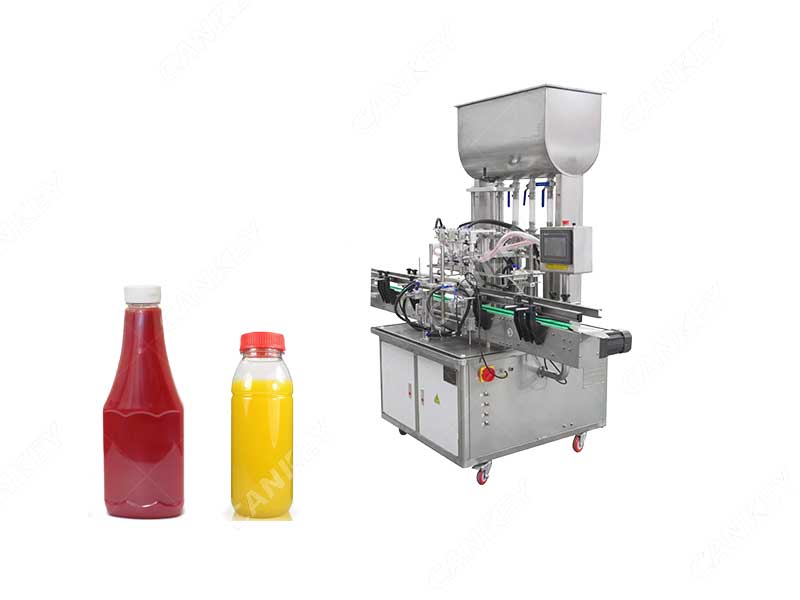In today’s fast-paced industrial world, the need for efficient and accurate packaging processes is more crucial than ever. Filling machines play a central role in various industries, facilitating the precise dispensing of liquids, powders, and other materials into containers. This article explores what is the purpose of filling machine, shedding light on their role in enhancing productivity, ensuring product quality, and reducing waste across a wide range of sectors.
Streamlining Production Processes
Filling machines are indispensable tools for streamlining production processes in manufacturing plants. They are designed to automate the otherwise tedious and time-consuming task of manually filling containers with liquid or powder products. By automating this process, businesses can significantly increase their production rates, reduce labor costs, and achieve higher efficiency levels.
Ensuring Accurate Measurements
In industries where precise measurements are critical, filling machines offer unparalleled accuracy. These machines are equipped with advanced technology, such as flow meters, scales, and volume sensors, that ensure consistent and exact quantities of products are dispensed into each container. This accuracy is vital in industries like pharmaceuticals, food and beverage, and chemical production, where even the slightest deviation in measurements can have serious consequences.
Maintaining Product Quality and Integrity
The quality of a product can be heavily influenced by its packaging. Filling machines contribute to maintaining the integrity and quality of products by minimizing exposure to external elements. They ensure that the filling process is conducted in a controlled environment, reducing the risk of contamination and preserving the product’s freshness and efficacy.
Enhancing Safety Standards
Filling machines are designed with safety in mind, adhering to strict industry regulations and guidelines. They minimize the risks associated with manual handling of hazardous materials, protecting workers from potential injuries and exposure to harmful substances. By automating the filling process, companies can create a safer working environment, reducing the likelihood of accidents and workplace incidents.
Reducing Waste and Costs
In traditional filling methods, a significant amount of product can be lost due to spills, overfilling, or inconsistent measurements. Filling machines minimize waste by ensuring precise dispensing, reducing the need for costly rework and product recalls. Moreover, the automation of the filling process also leads to decreased operational costs by lowering labor expenses and optimizing resource utilization.
Adaptability and Versatility
Filling machines are incredibly versatile and can cater to a wide range of products and containers. Whether it’s bottles, jars, pouches, or cans, filling machines can be adjusted to handle various packaging types and sizes. This adaptability allows manufacturers to produce diverse product lines efficiently, accommodating different customer preferences and market demands.
Meeting Consumer Demands
In the modern consumer-driven market, product availability and consistency are paramount. Filling machines ensure a constant supply of products, meeting consumer demands and fostering brand loyalty. The ability to maintain a steady production flow contributes to improved customer satisfaction and strengthens a company’s position in the market.


